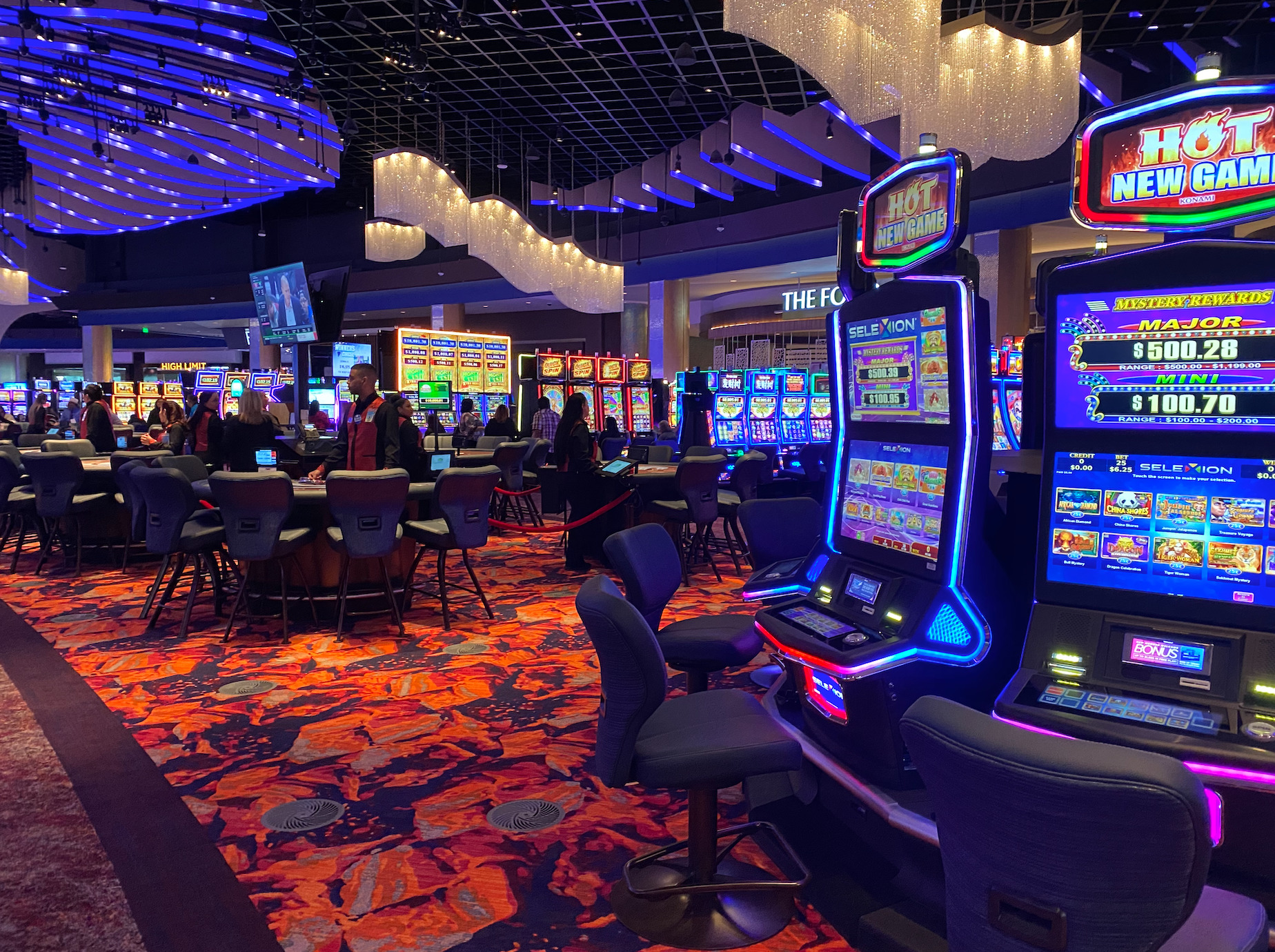
Casino games have long been an integral part of human culture, offering not just entertainment but a fascinating reflection of our dreams, dreams, and concerns. From the turning reels of a slot machine to the skill-based strategies of poker, these games embody a range of human emotions and events. At their core, casino games are more than a chance to make profits; they are a microcosm of life itself, where danger and gain intertwine and fate can change in an moment.
As players gather around tables or sit in front of brightly lit machines, they take part in a ceremony that transcends mere betting. These games reflect our instinctive desires for relationships, excitement, and the pursuit of luck. They also disclose deeper truths about human nature, such as our relationship with chance and the thrill of risk. In exploring casino games, we reveal not only the nuances of play but also the complex weave of the human journey, showcasing our interconnected narratives of aspiration and reality. AAMS autoesclusione
The Psychology of Gambling
Gambling is intrinsically connected in human psychology, appealing to various feelings and wants. The excitement of taking risks is a core aspect that attracts participants, whether the excitement of spinning a roulette or the anticipation of drawing a winning hand in poker. This adrenaline is frequently likened to other forms of excitement, as the unpredictability of outcomes elicits a distinct psychological response. Players often become captivated by the possibility of striking it rich, leading to an irresistible draw toward gambling games.
Additionally, an essential component of the psychology behind gambling is the concept of hope and aspiration. Participants often indulge in fantasies of financial freedom and the opulent lifestyle that can follow winning. This optimism fuels their ongoing participation in gambling, as it provides a sense of meaning and the conviction that a life-changing win could be just one bet away. The story of overcoming odds and achieving success resonates with many, strengthening their dedication to play and engage with these games.
Finally, social dynamics play a crucial role in gambling psychology. Casino environments are designed to foster social interaction, where players gather to share the journey of wins and losses. This shared aspect not only amplifies enjoyment but also influences behavior, as individuals often imitate the actions of others in their vicinity. The social validation found in mutual thrill can enhance the emotional experience, making casino games a reflection of not just personal desires but also collective engagement within the gaming community.
### Risk and Reward: A Double-Edged Sword
Gambling games embody the delicate balance between risk and reward that resonates deeply with human nature. The rush of placing a bet is often accompanied by a rush of adrenaline, as participants are confronted with the possibility of winning big, yet conscious of the risk to lose. This bipartisan experience reflects a essential aspect of life: the choices we make often come with built-in risks, and the chase for gain can drive us to make risky moves we might not normally consider. In this way, gambling activities mirror real-world decisions, enticing gamblers to risk not just their funds, but also their aspirations.
The allure of big prizes and winnings fuels a wave of hope, inspiring players to envision a brighter future that could emerge from a lucky spin of the wheel or dealing of a hand. This positive outlook can drive individuals to engage in more daring actions, pushing them to push their boundaries in search of financial gain. However, just as in life, the consequences of these decisions can lead to both triumph and failure. The stories of both jackpot winners and those who have faced losses everything at the tables demonstrate the chaotic nature of luck and its impactful repercussions on our existence.
Ultimately, the experience of engaging with gambling activities serves as a vivid illustration of the nature of humanity. Every round played is filled with the tension of ambiguity, as gamblers weigh the gains against the risks. This dynamic not only highlights the excitement that comes with betting but also reveals the weaknesses that come with the urge for more. As we journey through the challenges of decision-making and consequence in both the gambling world and in life, we find that the quest for gain shapes our identities and journeys in significant manners.
Society and Solitude in Gambling Environment
Casino environment is a distinct combination of communal interaction and personal pursuit, reflecting the tensions of individual experience. Gamblers often come together around tables, sharing in the excitement of the game, celebrating wins, and commiserating over losses. This social aspect is crucial, as it establishes a sense of community and bonding among diverse groups of individuals. Regular visitors to gaming establishments may build friendships and establish routines, turning the gambling venue into a alternative home where they experience linked to a larger community of players.
However, the allure of gambling games can also lead to loneliness. As individuals become immersed in the thrill of playing, they may isolate from personal relationships or neglect to engage with the environment outside the gaming space. For some, the search of a windfall can overshadow genuine relationships, leading to loneliness. The situation of being surrounded people yet experiencing solitary is not uncommon, as the focus shifts from shared enjoyment to the private concerns of each player’s path.
This interplay of community and solitude creates a vivid mosaic that defines casino culture. It showcases the intricacy of social interactions, where happiness and sorrow exist together. Gambling venues serve as both a sanctuary for social interaction and a platform for individual struggles, illustrating how deeply entwined our yearning for connection and the individual quest for fortune can be. In navigating this environment, gamblers confront their own narratives—seeking both the thrill of the wager and the companionship of other gamblers, ultimately reflecting the wider spectrum of individual experience.
